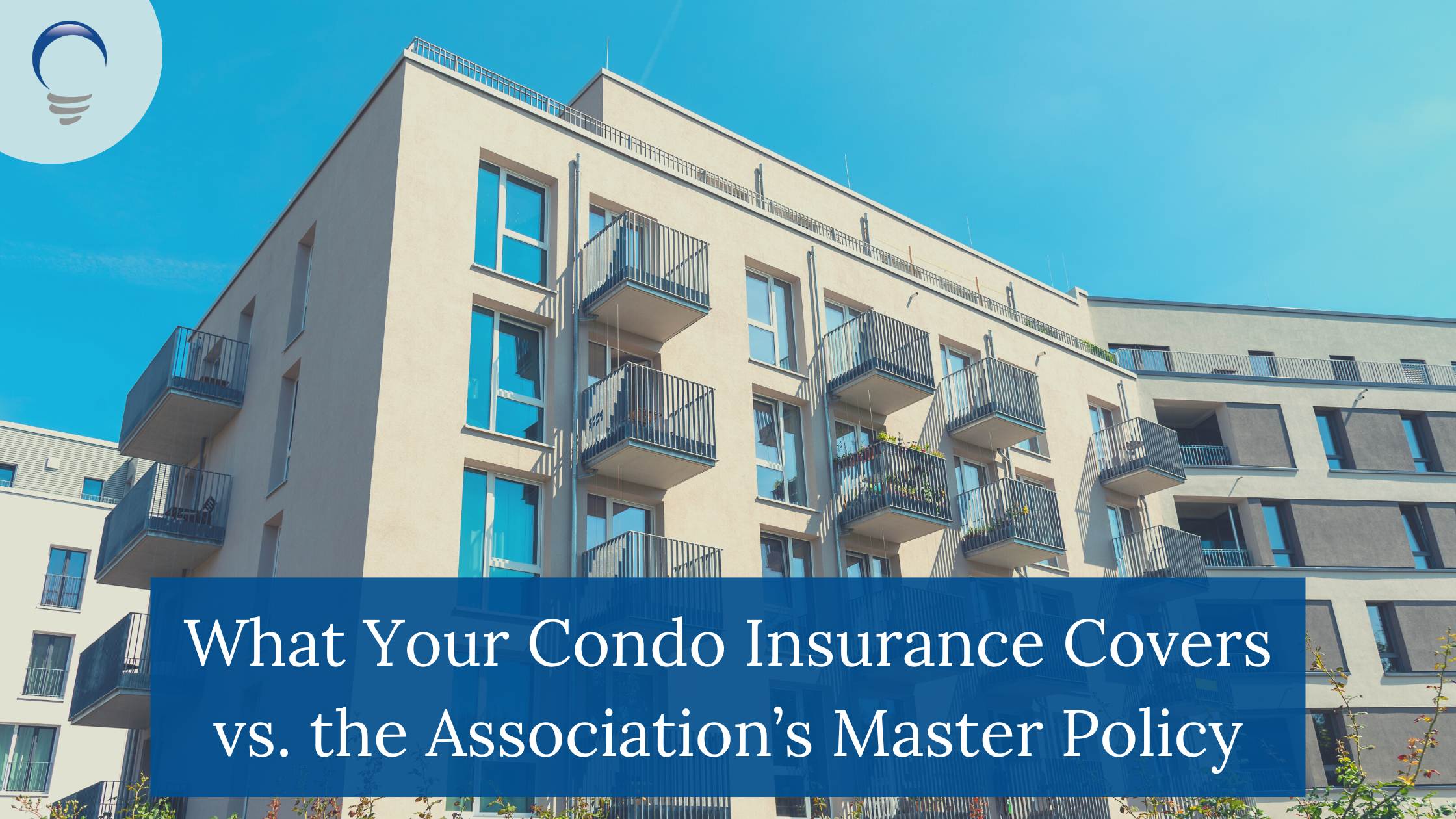
Navigating the world of homeowners insurance can be daunting, especially in disaster-prone Florida – a state also known for its high rates of fraud and excessive, often frivolous litigation. Whether you’ve purchased your first home or are looking to update an existing homeowners insurance policy, the following answers to some of the most recent frequently asked questions may help.
How Much Home Insurance Do I Need?
Well, it really depends; every homeowner’s situation is different. There are a number of factors to consider when determining just how much insurance you need to protect your home against common hazards in Florida, such as lightning, hail, hurricane-force winds, fire, and theft.
First of all, you’ll want to have a ballpark idea of how much your home (and everything inside it) is worth. The market value of your home is a good starting place – but you’ll want to consider how much it would cost to rebuild your home in the event a fire or other catastrophe ruins everything. For your personal belongings, creating a home inventory<link to Jan EDI blog, RoomByRoomGuide2HomeInventory> can provide a realistic idea of how much it will cost to replace everything you own. If you have high-value items like expensive jewelry, art, or other collectibles, you may need an additional endorsement to provide sufficient protection for these hard-to-replace items.
Second, when considering how much liability protection you need (this helps cover your legal expenses and others’ medical bills), if you often have guests in the house or have substantial assets, you may want to consider upping this portion of your policy.
Third, decide whether you want peril-specific coverage, such as flood insurance or sinkhole coverage*. These hazards are a real threat for Florida homeowners and are not included in standard homeowners insurance in Florida. *Catastrophic Ground Cover collapse is included.
Why Is Homeowners Insurance in Florida So Expensive?
You’re right – and it’s a fact everyone is familiar with by now: Homeowners insurance in Florida is more expensive than in any other state. Turmoil in the industry, with many national insurance carriers choosing not to do business in the state, reflects the increased risks and cost of insuring homes in Florida.
Many different factors have come together to create a perfect storm of problems for homeowners and insurers alike. Chief among these are the state’s geographic location (at the receiving end of Hurricane Alley), escalating repair/rebuild costs in the aftermath of some of the most destructive storms to hit the state in recent years, runaway litigation costs, and rampant insurance fraud.
Any one of those issues can make it difficult to get comprehensive coverage at a fair price – but together, it’s quite a hurdle to overcome. Indeed, Florida’s insurance situation is unique, but steps are being taken to combat the problems, such as legislation to lessen the financial risk of insurers doing business in the state and to discourage fraud and frivolous lawsuits.
How Does My Deductible Work?
A deductible is the amount of money a policyholder is responsible for paying after a claim is made. For example, if a windstorm causes $10,000 in damage to your roof and you have a $1,000 deductible, you will pay $1,000 of the contractor’s bill and the insurance company will pay the remaining $9,000.
Each policy is different, but typically you will have several different deductibles designed to apply in specific circumstances. For example, a hurricane deductible will apply only once in a calendar year for claims due to hurricane damage. An all-other perils (AOP) deductible will apply per incident, for damages due to other covered hazards. There may be other specific types of deductibles as well. Make sure your insurance agent explains each to you.
Which Is Better: Replacement Cost or Actual Cost Value?
This is easy. Hands down, choosing replacement cost on your homeowners insurance policy is far better for you than choosing actual cost value (ACV), although ACV may be more affordable.
Both are methods of valuing your property in the event you need to make an insurance claim. Replacement cost is just what it sounds like: you’ll be reimbursed for an item at the cost to replace it at the time of the claim. ACV, however, is calculated by taking the replacement cost and subtracting depreciation (based on item age, condition, and assumed wear and tear). Valuing your property at replacement cost is the easiest and fastest way to ensure you can get a similar replacement after your property has been damaged/stolen.
What Is the Claims Process Like?
At Edison Insurance Company, we make it easy to submit a claim to your homeowners insurance in Florida. Here’s what you can expect:
- Submit your claim – either by calling us at (888) 683-7971, contacting your agent, or by submitting your claim online via our policyholder portal.
- You will be assigned a claim number and adjuster.
- Your assigned adjuster will contact you (usually within 1-2 days) to schedule an inspection.
- During the inspection, your assigned adjuster will collect information and take photos.
- The claim and inspection documentation will be reviewed.
- You will be contacted about the outcome of your claim and next steps. Documents detailing the findings will be sent to you.
It is our goal to settle all claims quickly and fairly – so you can get back to living your life. We’re proud to report the average claim is closed within 30 days of being submitted.
How Can I Lower the Cost of Homeowners Insurance in Florida?
There are several actions you can take right now to help cut the cost of your homeowners insurance:
- Shop around. Take the time to learn about the going rates in your area, so you can better identify when you’re getting a good deal.
- Prioritize your coverage options – don’t take the cheapest policy if it won’t cover what you need it to. If you can’t afford all the coverage you want, focus on getting what’s most important to you.
- Increase your deductible to lower your annual premium. Or, pay a larger annual premium for the lowest possible deductible, depending on your needs.
- Schedule a wind mitigation inspection by a qualified roof inspector. Your roof may already contain certain characteristics qualifying you for a discount or reduced premium on homeowners insurance in Florida.
- Consider installing hurricane shutters or hurricane-resistant windows and doors. This may also qualify you for a discount.
- Ask your insurance agent about any other cost-cutting measures you may be eligible for, such as discounts for being claims-free, a senior citizen, or having a monitored home security or fire safety system.
Have More Homeowners Insurance Questions? We Can Help!
Having the right amount of homeowners insurance in Florida can mean the difference between utter devastation and knowing someone’s got your back after disaster strikes. Make sure you, your loved ones, and all you own are covered in case of an emergency.
If you’re a current Edison Insurance Company policyholder, contact your agent to discuss any of the items covered here. If you’re not yet a policyholder, you can get a quote with us online now.



